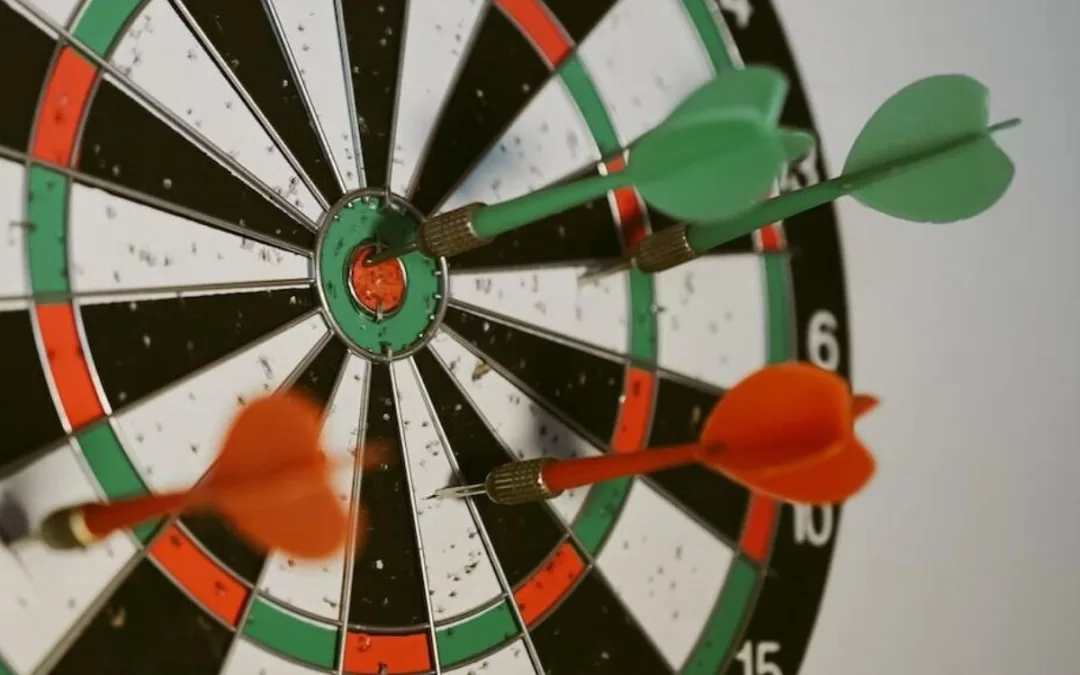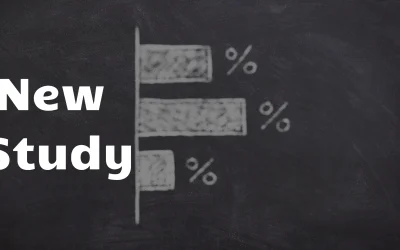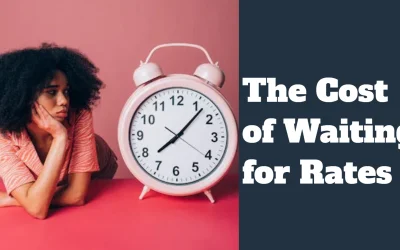When it comes to buying a home, your credit score plays a crucial role in determining the interest rate you’ll be offered on your mortgage loan. Whether you’re a first-time homebuyer or a seasoned homeowner looking to refinance, understanding how your credit score affects your mortgage rate is essential.
Your credit score is a numerical representation of your creditworthiness and is used by lenders to assess your lending risk. Simply put, a higher credit score indicates that you are a low-risk borrower, while a lower score suggests that you may be a higher risk.
Lenders use credit scores to determine mortgage rates to ensure they are adequately compensated for the level of risk they are taking on. The interest rate on your home loan directly reflects the risk the lender assumes by lending you the money to purchase your property.
Here’s how your credit score affects your mortgage rate:
1. Interest Rates
Generally, borrowers with higher credit scores are offered lower interest rates, while those with lower scores are offered higher rates. Lenders reserve their lowest interest rates for borrowers with excellent credit scores, usually above 740-760+. Conversely, those with lower credit scores may end up with much higher interest rates, potentially costing them thousands of dollars in additional mortgage payments over the life of the loan.
While this might not seem like a significant difference on a monthly basis, over a 30-year mortgage, the higher rate can cost tens of thousands of dollars more in interest payments.
2. Loan Eligibility
Apart from interest rates, your credit score can also affect whether you are eligible for certain mortgage loans. Borrowers with low credit scores may find it challenging to qualify for conventional loans. They may need to explore alternatives like FHA (Federal Housing Administration) loans, which have more lenient credit requirements.
3. Down Payment Requirements
Your credit score can also influence the down payment requirements for your mortgage loan. Borrowers with excellent credit scores may be able to secure loans with lower down payment options, sometimes as low as 3% of the purchase price. On the other hand, borrowers with lower credit scores may be required to make larger down payments, typically around 10% or even higher, in order to mitigate the perceived risk.
4. Private Mortgage Insurance (PMI)
Those putting less than 20% down on their home purchase will usually be required to pay for private mortgage insurance (PMI). PMI protects the lender in case the borrower defaults on the loan. However, the cost of PMI can vary depending on your credit score. Borrowers with higher credit scores tend to have lower PMI premiums, while those with lower scores may face higher premiums, making homeownership more costly.
Improving your credit score:
If you’re planning to buy a home in the near future, it’s important to take steps to improve your credit score. Here are a few ways to help boost your creditworthiness:
1. Pay your bills on time: Paying your bills on time is one of the most influential factors in your credit score. Consistently paying your bills before or on their due dates demonstrates responsible financial behavior.
2. Reduce credit utilization: Credit utilization refers to the percentage of available credit you use. Aim to keep your credit card balances below 30% and ideally below 10% of your total credit limit to show creditworthiness.
3. Establish a solid credit history: Avoid closing old credit cards and consider keeping them active to maintain a longer credit history. A longer credit history helps lenders assess your repayment behavior over an extended period.
4. Regularly review your credit report: Check your credit report regularly and dispute any errors you find. Monitoring your credit report is essential to catch any inaccuracies dragging down your score.
Your credit score plays a significant role in the mortgage rate you’ll be offered and your overall home-buying experience. Maintaining a good credit score and understanding how it affects your mortgage rate can save thousands of dollars and potentially secure a better loan.
Unlocking Savings: Why Brokers are Key to Lower Mortgage Costs
In the ever-evolving world of mortgage finance, finding the best deal is paramount for homebuyers. The 2024 Channel Study, conducted by Polygon Research for United Wholesale Mortgage and Willow Canyon Advisors, sheds new light on why working with a broker,...
How Private Mortgage Insurance (PMI) Can Be Your Greatest Tool for Building Wealth
When you think of Private Mortgage Insurance (PMI), your first reaction might be a sigh of frustration. After all, it’s an extra cost added to your monthly mortgage payment. But what if I told you that PMI could actually be one of the most powerful tools in your...
The Cost of Waiting for Rates to Come Down
Buying a home is one of the most significant financial decisions you can make, and it's natural to want to time your purchase perfectly. Many prospective buyers hold off, hoping for interest rates to dip before they take the plunge. However, this strategy can...




